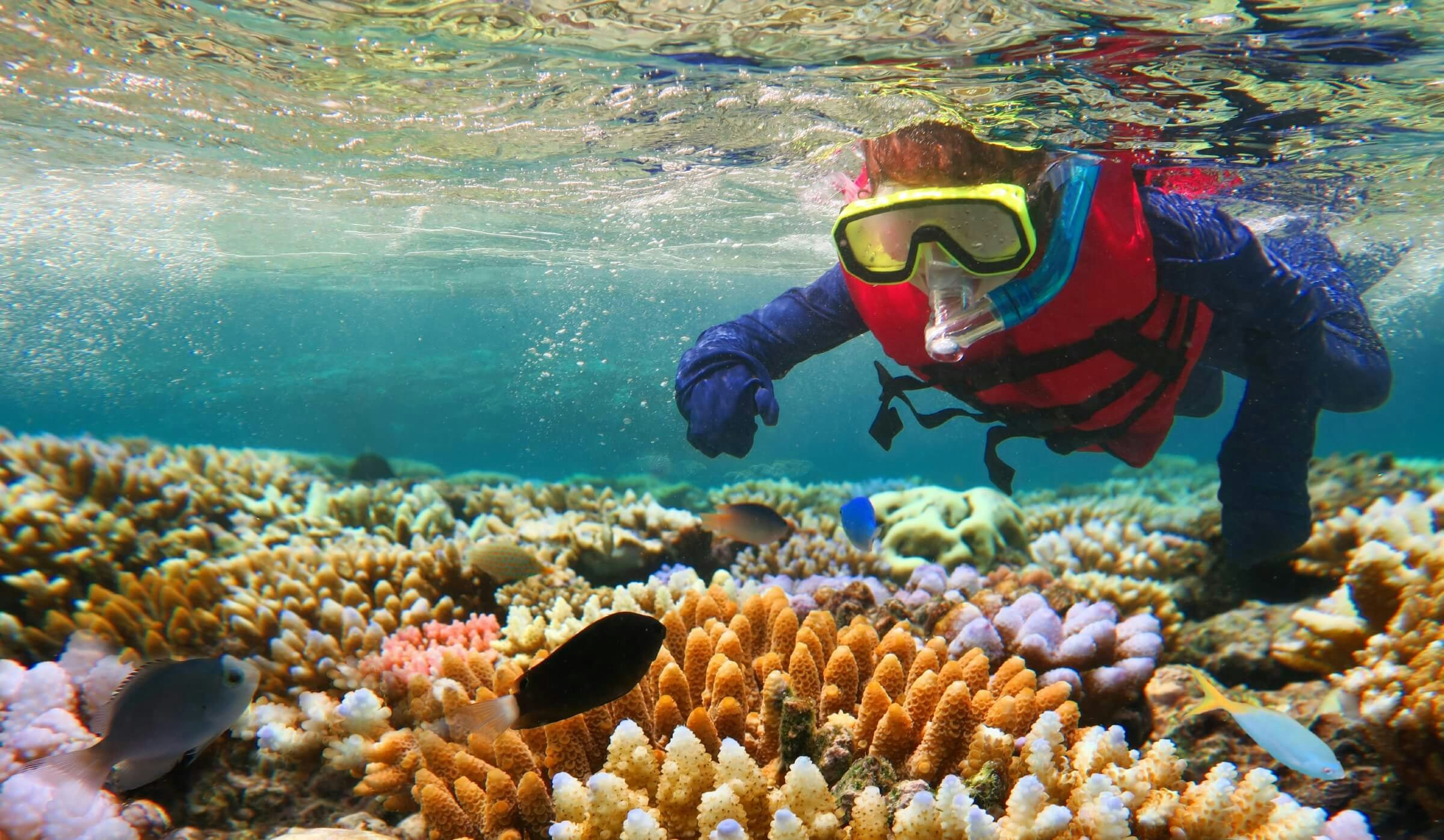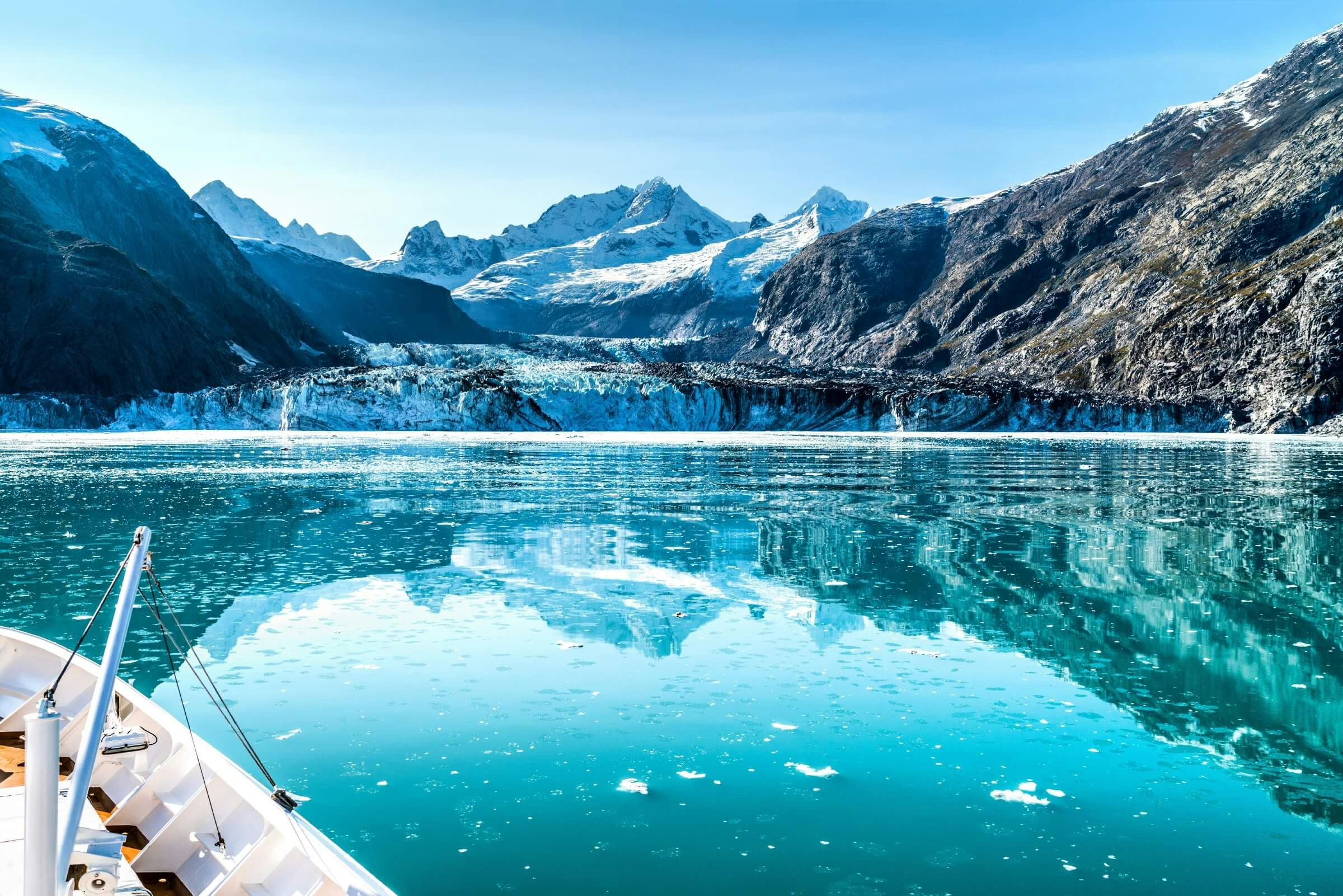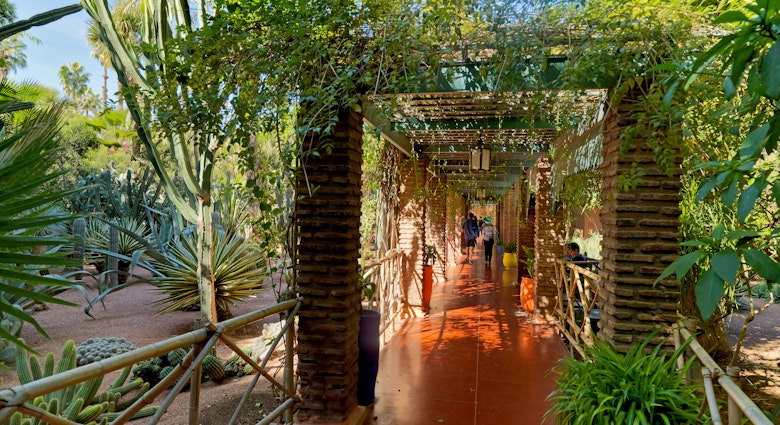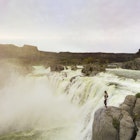If you’re a frequent traveller, the odds are you’ve found yourself partaking in this travel trend even subconsciously; trying to visit places before they change or disappear entirely. Travel agents are dubbing it ‘last chance tourism’ and it’s on the rise.

‘Last chance travel’ has been hitting headlines for about two years and Forbes even named it one of their picks for 2018 travel trends. As the effects of climate change become more pronounced, people are flocking to see natural wonders in the belief that they may not be here for future generations.
This notion was cemented in a 2016 study on the Great Barrier Reef, where researchers found that 70% of the visitors had travelled huge distances in an effort to see the reef “before it’s gone”, an idea the writers say may not be rooted in scientific evidence.
However, climate change isn’t the only factor spurring on travellers to seek out destinations. Globalisation and an increase in tourism worldwide is also changing indigenous cultures and there is a niche but strong market for exploring these before those changes fully take hold.

Cuba experienced a tourism boom in 2017 with 4.7 million visitors, a rise which is partially because people began to believe the country would completely change in the wake of increased tourism from the USA. There's also a strong demand for discovering more off-the-beaten-path experiences like exploring ancient Kazakh culture in Mongolia in the fear that it might change.
There are plenty of advantages for destinations to capitalise on last chance tourism. The 2016 study found that the Great Barrier Reef ‘last chance travellers’ were more environmentally conscious than average and there are a host of hugely successful eco-tourism projects around the globe, where tourism money goes into protecting the surrounding environment.

There is also an educational element to these visits. The US National Parks have a policy of informing their visitors about the changes they’ve had to make due to climate change, with the aim of raising awareness among millions of people. Also, with demand to experience local and indigenous culture ever increasing, there is also an added incentive to preserve it for future generations.
However, industry experts do sound a note of caution. In some cases where the destination is fragile and being affected by pollution, increased tourism numbers could actually put more pressure on the sites that are in danger of being permanently damaged.
Before booking your ‘last chance travel’ bucket list item, check out the tips from Lonely Planet and the UN World Tourism Organisation on how to travel sustainably.












